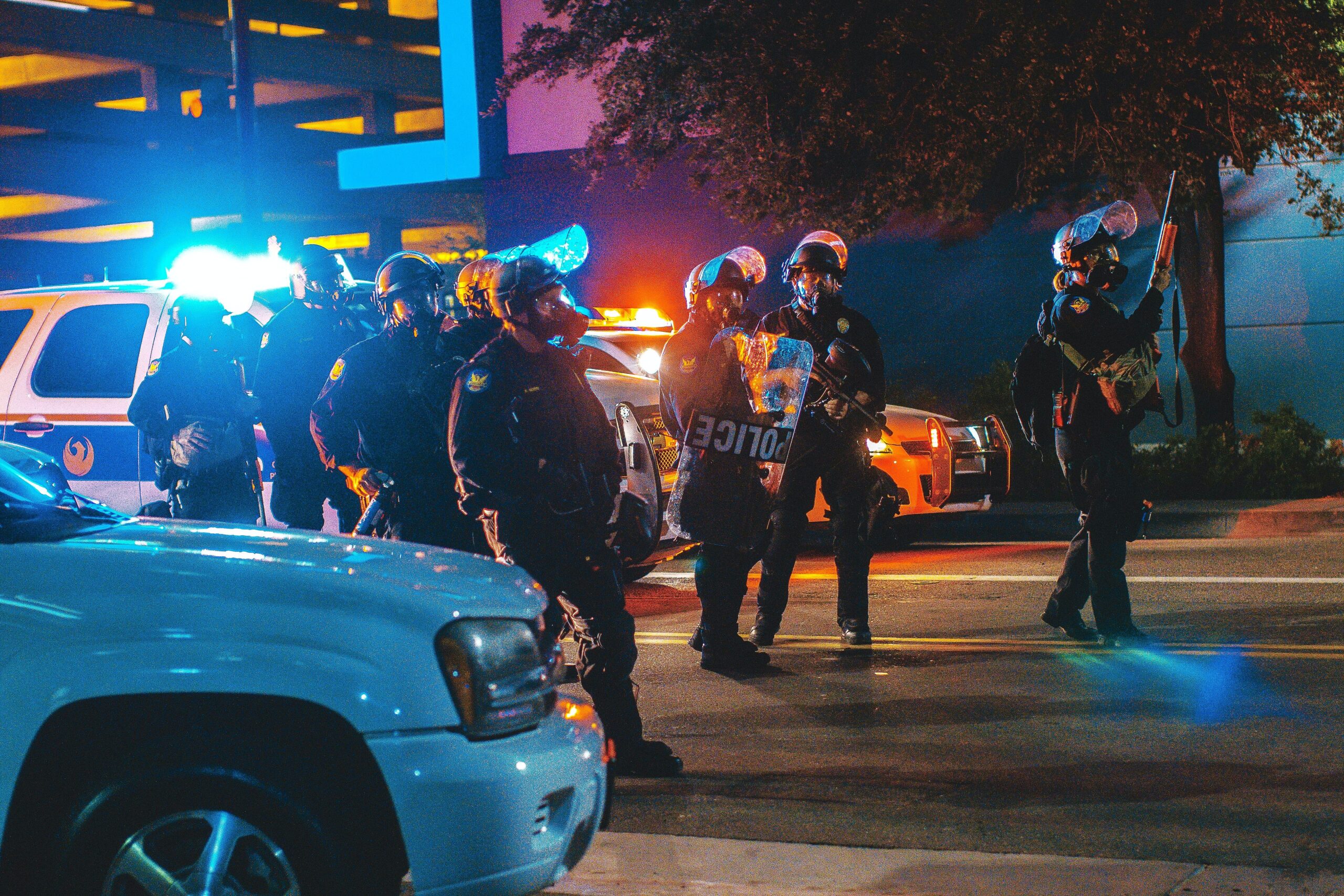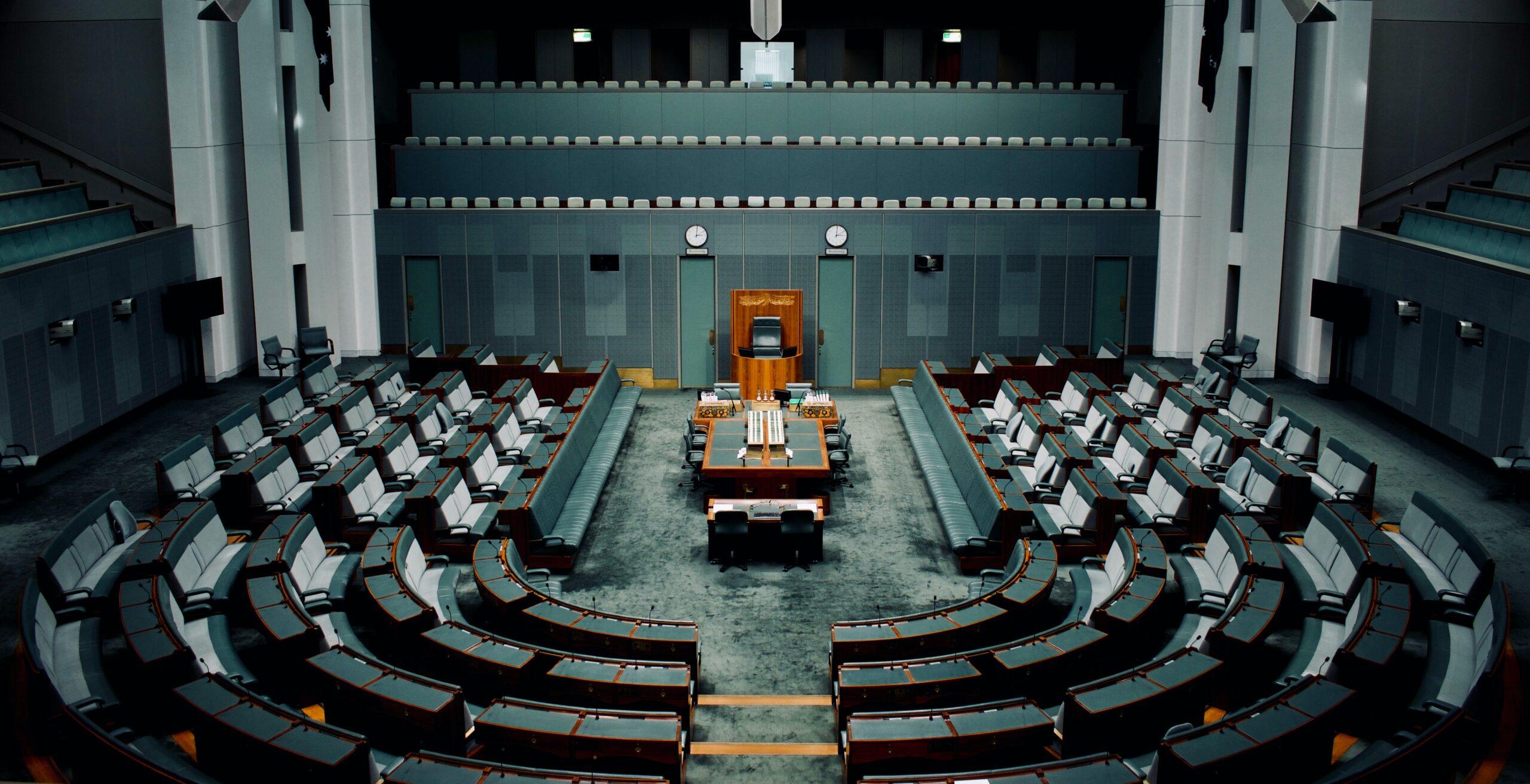
Fighting for Gender Neutral Restrooms
Task Force: Fighting for Gender Neutral Restrooms Congratulations! You work for an organization that fights for the rights of trans and non-binary people. You have
Each section starts off by setting the narrative and describing what they have been tasked with. For example, a Task Force about affordable housing might indicate that the individual(s) has/have been put in charge of creating an affordable housing proposition by the U.S. Department of Housing and Urban Development.

Task Force: Fighting for Gender Neutral Restrooms Congratulations! You work for an organization that fights for the rights of trans and non-binary people. You have

Task Force: Standardized Testing Congratulations! You are members of your state board of education. You have been tasked with deciding if and how state standardized

Task Force: Not in My Backyard Congratulations! You are the president of your local zoning board, the group who evaluates proposals for new buildings in

Task Force: Redesigning the Police System Congratulations! You have just been elected mayor of your city. While on the campaign trail, many voters expressed to

Task Force: Portion Sizes In the US Congratulations! The USDA has hired your team to design a new infographic that teaches people about portion sizes.

Task Force: A Country With No Interest Groups Congratulations! You have been given the power to design the political system of a new country! However,

Task Force: Redesigning Sex Education Congratulations! The US Department of Education has decided to draft national legislation on requirements for sex education in the United

Task Force: Combating Inflation Oh no! The inflation rate is rising more rapidly than economists agree is beneficial. You have been assigned to try and

Task Force: Handling the Heatwave Congratulations! California’s Climate Crisis Committee has put you in charge of preemptively designing solutions for heatwaves in the state. Why

Task Force: Age Discrimination Congratulations! The American Civil Liberties Union (ACLU) has asked you to be part of its newly assembled team that will tackle